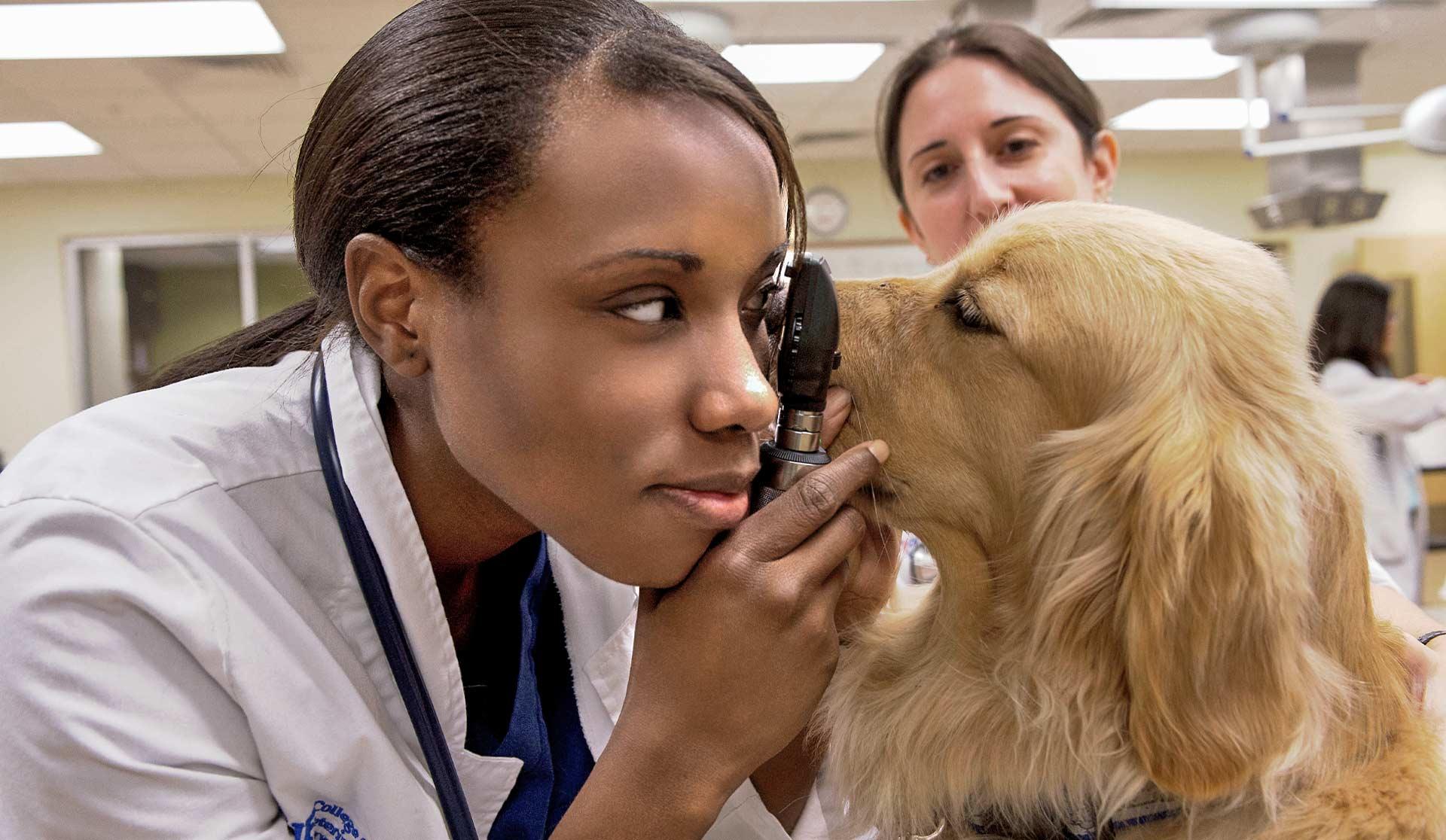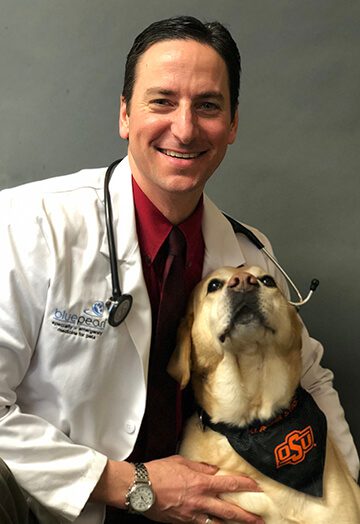What to Expect During a Comprehensive Pet Health Checkup at Your Regional Vet
What to Expect During a Comprehensive Pet Health Checkup at Your Regional Vet
Blog Article
Inoculation Standards From Your Trusted Vet
Vaccination standards provided by your relied on veterinarian play a crucial role in protecting your family pet's health and well-being. Additionally, resolving typical misconceptions surrounding vaccines can better enhance family pet proprietors' confidence in these preventive procedures.

Relevance of Inoculations
Inoculations play a pivotal duty in guarding pets versus a variety of preventable diseases. By promoting the body immune system to identify and fight specific microorganisms, vaccinations considerably minimize the incidence of contagious illness that can affect a pet's health and long life. Not just do inoculations shield specific pets, but they likewise contribute to herd resistance, consequently reducing the total prevalence of diseases in the family pet population.
Timely inoculations assist to alleviate the spread of illness such as rabies, parvovirus, and distemper, which can have extreme effects for both people and pet dogs. Inoculations are often a demand for boarding facilities, brushing solutions, and pet parks, making them necessary for those who want to mingle their animals.

Core Vaccinations for Pets
While the certain inoculation requirements of animals can vary based on individual aspects, core vaccines are widely suggested to safeguard against one of the most typical and severe illness (Pet Vaccinations). Core vaccines are those regarded necessary for all animals, regardless of their way of life or geographical place, as they secure against extremely transmittable and possibly deadly illnesses
For pet dogs, the core injections include those for canine distemper, parvovirus, adenovirus (liver disease), and rabies. Canine distemper is a viral disease that impacts the respiratory system, gastrointestinal, and nerve systems. Parvovirus is understood for creating severe stomach disease, specifically in pups. Adenovirus can cause liver illness, while rabies is a zoonotic illness that positions a risk to both human beings and animals.
In felines, core vaccines incorporate feline panleukopenia, feline calicivirus, feline herpesvirus (rhinotracheitis), and rabies. Feline panleukopenia is a highly infectious viral disease that influences the immune system and intestines. Calicivirus and herpesvirus are significant factors to upper respiratory infections in pet cats, while rabies continues to be a crucial issue for public health and wellness.
Seek advice from your vet to ensure your pets receive their core inoculations on time.
Non-Core Vaccines Explained
Non-core vaccines are customized to resolve details threats connected with a pet dog's setting, direct exposure, and way of living to particular conditions. Unlike core vaccines, which are generally suggested for all animals, non-core vaccines are thought about based upon private circumstances. These vaccines are particularly important you can check here for pet dogs that may experience distinct virus due to their geographical area, travel habits, or tasks.
Instances of non-core injections consist of those for Bordetella bronchiseptica, which is connected to kennel cough, and Lyme condition, brought on by ticks. Pet dogs that often engage with other pets, such as those in boarding facilities, pet parks, or grooming environments, may take advantage of Bordetella inoculation. Similarly, if you live in an area where Lyme illness prevails, immunizing versus this illness can be a sensible choice for outdoor-loving dogs.
Various other non-core vaccinations might include those for leptospirosis, canine influenza, and feline leukemia, relying on the particular risk aspects existing. It is important to these details have an extensive conversation with your vet concerning your pet dog's way of life and the prospective requirement for these vaccinations, making sure a customized inoculation method that ideal safeguards your fuzzy pal.
Vaccination Schedule Overview

As pets develop, it is necessary to follow the recommended booster vaccinations. Vet Enterprise. For adult pets, core vaccines are commonly given every one to three years, relying on the certain injection and local policies. Non-core vaccinations might be encouraged based upon way of living elements and regional illness frequency, requiring a tailored strategy
Regular vet examinations are essential for updating vaccination timetables. Your veterinarian can provide assistance on the most suitable booster shots for your pet, considering age, wellness status, and environmental threats. By remaining positive and informed, pet dog owners can ensure their furry buddies obtain prompt and effective vaccinations, thereby protecting their health and well-being throughout their lives.
Common Misconceptions About Injections
False impressions regarding animal inoculations can lead to confusion and unwillingness among animal owners relating to the booster shot process. One widespread myth is that injections are unneeded for indoor pets. While it's real that interior pet dogs encounter reduced threats, they are not completely immune to diseases, as microorganisms can be presented with various methods, consisting of human apparel and various other animals.
An additional false impression is that vaccinations can cause the conditions they aim to avoid. Actually, most vaccinations include suspended or attenuated pathogens, which can not trigger disease in healthy pets. Some animal proprietors additionally believe that their pet dogs ought to not be vaccinated if they are currently healthy and balanced; nevertheless, inoculations are an aggressive measure that assists protect against the beginning of ailment.
Furthermore, lots of animal proprietors are afraid that injections will cause lasting wellness complications. While side effects can happen, they are temporary and normally moderate. The advantages of vaccination-- protecting pets from potentially dangerous diseases-- much exceed the dangers. Understanding these common misconceptions is important for liable pet dog ownership and making sure the health and wellness and safety of your furry friends. Constantly consult your veterinarian for exact info tailored to your animal's particular needs.
Final Thought
In recap, adherence to inoculation standards is vital for making sure the wellness and durability of animals. Eliminating usual myths surrounding inoculations even more reinforces the relevance of informed decision-making in animal treatment.
Not just do inoculations shield specific animals, however they also contribute to herd immunity, consequently decreasing the go to these guys overall occurrence of conditions in the family pet population.
Misunderstandings regarding pet dog inoculations can lead to confusion and reluctance among animal proprietors pertaining to the immunization process. While it's true that indoor animals deal with lower dangers, they are not totally immune to conditions, as microorganisms can be introduced via different methods, consisting of human clothes and various other pet dogs.
Some pet dog proprietors also believe that their pet dogs must not be vaccinated if they are currently healthy; nonetheless, vaccinations are an aggressive step that helps prevent the beginning of disease.
The advantages of inoculation-- protecting pets from possibly lethal illness-- much surpass the dangers.
Report this page